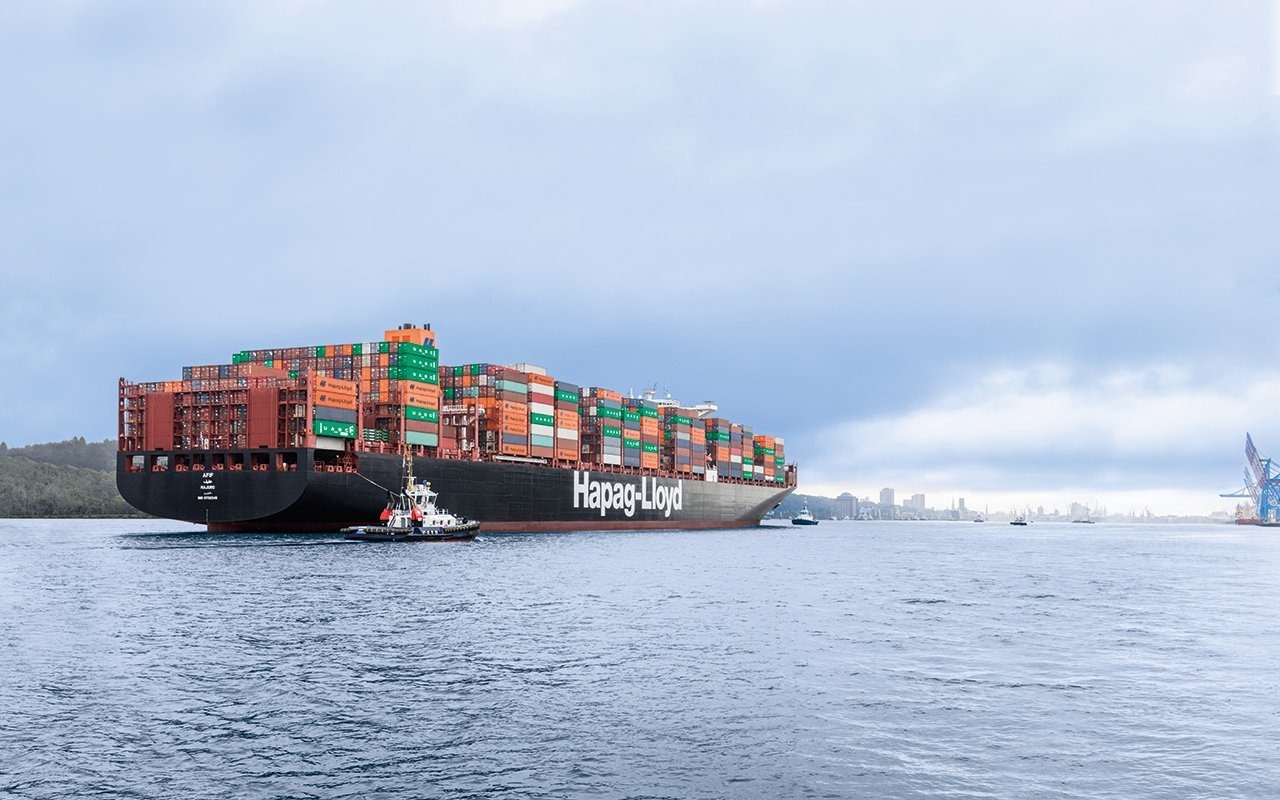
Freight thefts have increased sharply in number and value in recent years and 2019 promises to be a new record year. Heavy goods vehicles are being particularly targeted. Supply Chain Village brought together a panel of professionals to take stock of the situation and discuss prevention methods.
There can be no doubt. In the last five years, freight thefts in the EMEA (Europe, Middle East, Africa) region have been steadily increasing. The number of incidents recorded by the Transported Asset Protection Association (TAPA) increased from 1,102 in 2014 to 3,981 in 2018.
This disturbing progression is not slowing down. With 4,187 incidents reported, the first half of 2019 has already exceeded the 2018 full-year total by 5.1%. Losses by value over the period represent €55 million; representing an average of €305,605 per day. France has seen a real explosion in the number of incidents, with 1,220 recorded in the first half of 2019, representing a total cost of €3.8 million, including €3.4 million for one incident alone.
75% of all incidents are thefts form heavy goods vehicles
Transport is one of the most sensitive links in the supply chain. In 2018, thefts from heavy goods vehicles accounted for 75% of all incidents recorded. Including thefts from trailers, as well as thefts of whole vehicles and trailers, they account for 94% of all incidents. In short, even though logistics centres are also clearly sensitive areas, particular attention needs to be paid to the vulnerability of heavy goods vehicles.
TAPA, which issues recommendations and grants certification, has been working on the subject since 2005 when it produced the Trucking Security Requirements (TSR) programme. The programme sets out a certain number of requirements which include the adoption by management of a written security policy, the introduction of specific measures for sensitive freight, the obligation to investigate suspected or confirmed cases of theft, the choice of the safest possible itineraries and the use of secure parks for loaded lorries. It provides, too, for strict procedures to be observed at each sensitive stage in the process of transporting and transferring the merchandise.
A new certification programme
In 2017, TAPA decided to go a stage further by introducing a certification programme for secure parking place operators under the name Parking Security Requirements (PSR). For the time being, it is applicable only in the EMEA zone but could be extended to other zones in TAPA's area of operation.
Secure parking places certainly do not represent an absolute guarantee that there will be no thefts. On the basis of 2018 EMEA figures, 162 incidents occurred in places of this kind. At the same time, however, 2,342 incidents took place in non-secure parking areas. The efficiency of secure parking is, therefore, undeniable.
The PSR programme provides for three levels of certification, running from the highest (level 1) to the lowest (level 3). "A parking place operator can decide to start with level 3 and to move up progressively as improvements are made," TAPA notes. The operator can also opt for level 1 in high risk zones and level 2 or 3 elsewhere. "Whatever the case, it is for the operator to choose the classification category he is looking for," TAPA says.
First level 1 certification
Six weeks after the launch of the programme, 24 sites had been certified. TAPA has set itself the target of having more than 120 registered in 2019, representing 15,000 parking places, and twice as many in 2020.
In France, the Delta Park Truck Secure Parking operated by Tip Trailer Services in Dourges obtained level 1 certification and became the first site in Europe to obtain the highest-level security rating.
The secure HGV parking at @tipeurope 🇫🇷 Delta Park truck multiservice centre is officially the first in Europe to achieve #TAPA's highest parking security requirement level (PSR1) https://t.co/mGHbYJnFPG pic.twitter.com/kU5zoHc2RL
— TIP Trailer Services (@TIPservicesEU) 3 octobre 2019
"We are interested in supply chain security because it is one of the main concerns of our logistician and transporter clients," said Tip Trailer Services vice president for southern Europe Didier Félice at the Supply Chain Village conference on supply chain security. "An increasing number of tender calls include security factors."
Better working conditions for the drivers
Didier Felice also noted that the attention paid to security does not only concern clients transporting valuable or sensitive merchandise. "Secure parking places also make it possible to guarantee better working conditions," he said, "which is important for keeping driver loyalty at a time when they are in short supply. In general, it is the driver who decides where he will stop, even if this is done after concertation with his employer. He is therefore going to pay attention to living and security conditions. It is for this reason that we have developed a whole range of services." This point is also highlighted in relation to the prospect of increased "feminisation" of the profession of driver, which is envisaged as a response to the industry's labour shortage.
A cruel shortage of secure parking places
There remains one major problem. Although everyone seems to be agreed about the need for them, there is a cruel shortage of parking places of this sort. "The most difficult thing is to find the necessary land," said Didier Félice. Local authorities are not always very receptive to this heavy goods vehicle storage activity which raises fears of attendant problems and does not create many jobs. "We were lucky in Dourges because we had the Hauts de France region on our side," he said. This region is indeed very attentive to the problems of the logistics sector.
Another major constraint is that parking place operators need to "build on the basis of price levels compatible with the costs that transporters can bear", pursues Didier Felice.
The European Commission has involved itself in the problem. A working group was set up in April 2019, just a few weeks after the publication of a report on the subject. The commission decided, notably, to release €178 million as a contribution towards the cost of financing secure parking places along the most frequented EU road transport corridors.
Our latest articles
-
Subscriber 3 min 24/02/2026Lire l'article -
Hapag-Lloyd - Zim: a shipping deal with geostrategic implications
Lire l'article -
European road freight: the spot market is stalling
Lire l'article



